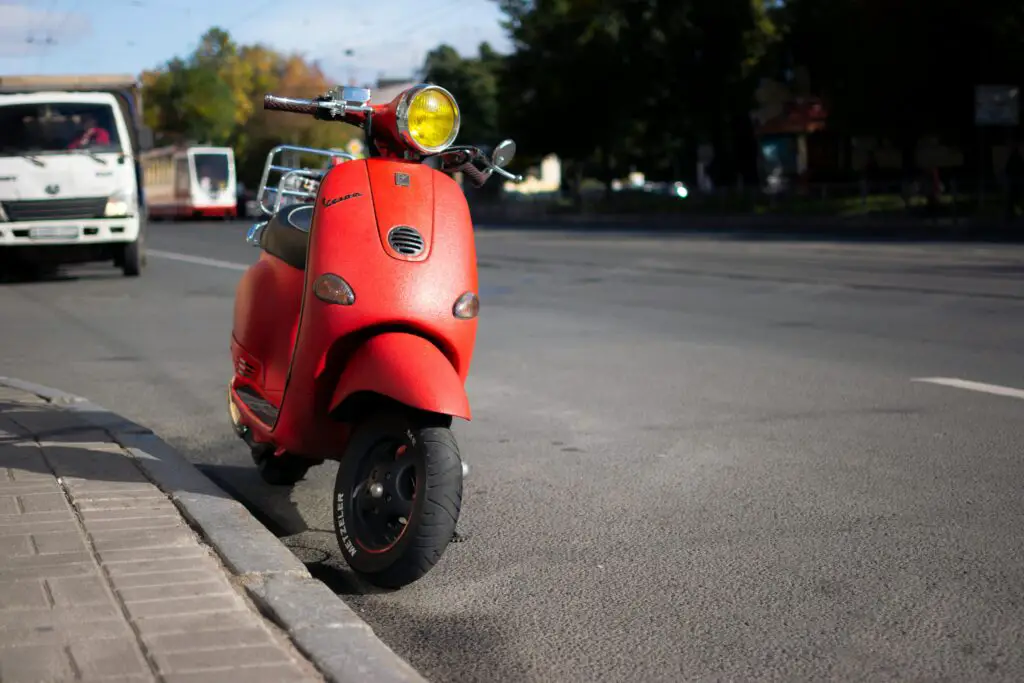Electric scooters have gained popularity for their convenience, affordability, and eco-friendly appeal. But if you’re planning to buy one, understanding how long the battery charge lasts is key to making an informed decision. The battery’s range can significantly impact your daily commute or recreational ride, So let’s break down the factors affecting charge life, and what you can generally expect from your scooter’s battery.
Understanding Battery Range
On average, most electric scooters can last between 10 to 40 miles on a single charge. The variance depends on several factors, including the battery capacity, the scooter’s motor power, rider weight, and terrain. The range of electric scooters equipped with a standard lithium-ion battery falls within this range, but performance scooters designed for long distances might offer 60 miles or more.
However, just like your smartphone, the battery life diminishes over time. The longevity of your electric scooter’s charge also depends on how well you maintain the battery and the charger.
Factors that Affect Battery Life
- Battery Capacity (Ah)
- Measured in amp-hours (Ah), battery capacity directly impacts how long your scooter can run. A scooter with a higher Ah rating generally provides longer range. For example, a 36V, 10Ah battery will likely offer a shorter range compared to a 48V, 15Ah battery.
2. Rider Weight
- Heavier riders put more strain on the scooter’s motor, which leads to quicker battery depletion. Manufacturers often state a maximum weight capacity for optimal performance, usually around 220 pounds (100 kg), but exceeding this limit may reduce the range.
3. Speed
- Faster riding consumes more energy. If you constantly ride your scooter at its top speed, expect a lower range than what’s advertised. On the other hand, riding at moderate speeds will extend battery life.
4. Terrain and Inclines
- Flat roads are much easier on the scooter battery than hilly or rough terrains. If your commute involves uphill climbs or uneven surfaces, the battery will drain faster. Electric scooters generally use more power to climb hills, which affects the overall range.
5. Weather Conditions
- Cold weather can reduce battery performance because lithium-ion batteries don’t operate as efficiently in freezing temperatures. To maintain optimal charge, avoid riding in extreme cold or heat whenever possible.
Charging Time
Another important factor to consider is how long it takes to recharge your electric scooter battery. Most scooters require anywhere from 4 to 12 hours to fully recharge, depending on the battery size and charger type. It’s recommended to use the manufacturer-approved charger to avoid damaging the battery or voiding the warranty.
Some high-performance models come with quick-charging features that can reduce this time to 3-5 hours. If your scooter takes 8-10 hours to charge, you’ll want to plan your rides accordingly to ensure you don’t run out of battery halfway through your commute.

Extending Your Battery Life
Here are a few tips to maximize the life and charge of your electric scooter battery:
- Avoid Overcharging: Continuously overcharging the battery can damage it. It’s best to unplug it once it’s fully charged.
- Store Properly: If you plan to store the scooter for an extended period, charge the battery to around 50-60%. Storing it with a full or empty battery can degrade its life.
- Regular Maintenance: Keep your scooter clean, especially around the battery compartment. Dirt and moisture can damage both the battery and electrical components.
- Avoid Extreme Temperatures: As mentioned, keep your scooter in a cool, dry place to maintain optimal battery health.
When to Replace Your Battery
The typical lifespan of a lithium-ion scooter battery is 300-500 full charging cycles. After that, you may notice a decline in performance, and the battery may need replacement. This translates to roughly 2-3 years of regular use, depending on how often you ride and charge your scooter.
Final Thoughts
When it comes to how long an electric scooter charge lasts, there’s no one-size-fits-all answer. Factors like battery size, rider weight, speed, and terrain all play a role in determining the range. However, with good maintenance habits, you can get the most out of your battery and enjoy consistent performance over time. For everyday commuters, a range of 15 to 30 miles should be sufficient, but if you need more, look for a model with a higher battery capacity.
Taking care of your scooter’s battery can extend its life and ensure that it delivers reliable performance day in and day out, no matter where the road takes you.
Discover more from Chikwem
Subscribe to get the latest posts sent to your email.